By Lin Zhuowei
(ECNS)—Experts in the culture industry and prominent online influencers from China and abroad gathered in Wuzhen, East China’s Zhejiang Province to share ideas on the internet's role in facilitating cultural exchanges, as the Forum on Cultural Exchange and Mutual Learning, part of the 2024 World Internet Conference Wuzhen Summit, kicked off on Thursday.
Internet: a double-edged sword
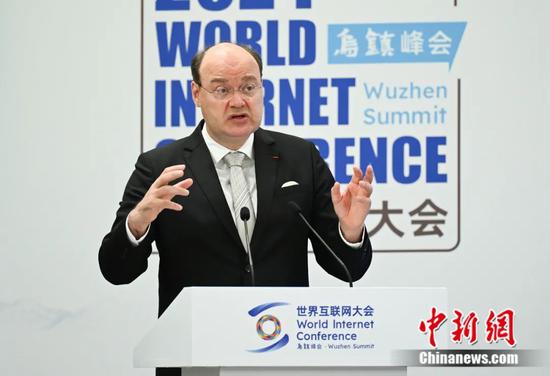
David Gosset, founder of the Europe-China Forum, highlighted how the internet facilitates the global exchange of information, ideas, and opportunities, enriching cross-cultural communication and the shared human experience. However, he warned against the dangers of "cognitive silos," urging the need for a more inclusive and equitable internet.
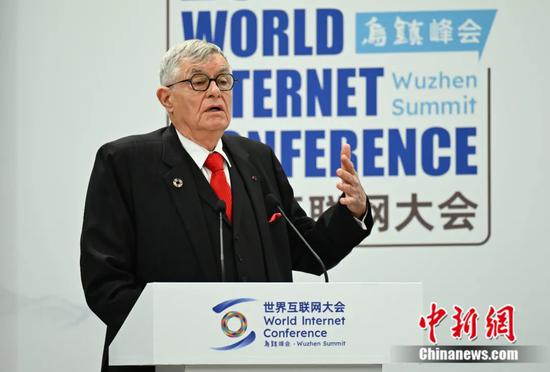
Patrick Nijs, former Belgian Ambassador to China who now takes up farming in Yunnan Province, echoed this sentiment by emphasizing the internet’s tangible role in rural revitalization. He noted how China’s e-commerce platforms have opened markets for farmers, improving their livelihoods and bridging the urban-rural divide. In the face of global challenges, he views China as an indispensable contributor to international solutions.
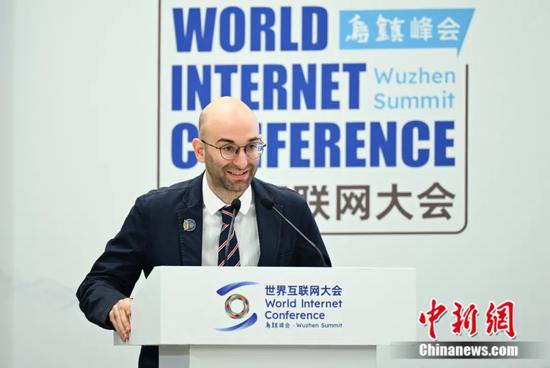
Likewise, Dario Famularo, researcher at the Belt and Road Institute, Beijing Language and Culture University, highlighted internet's role in clarifying misunderstanding and mitigating differences.
Internet: a vital tool for intercultural dialogue
Social media has become a vital tool for intercultural dialogue. Chen Lina, vice president and chief editor of Weibo Government Media Affairs, highlighted its role in fostering international exchanges, deepening humanistic connections, and amplifying Chinese culture on the global stage.
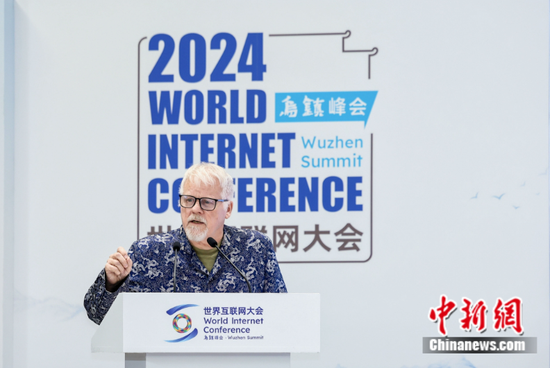
Similarly, American scholar Richard H. Sears, founder of the "Chinese Etymology" website, shared his journey of digitizing ancient Chinese characters and making their 3,500-year history accessible to global audiences.
Music and digital platforms also intersect powerfully. Fang Jinlong, a Chinese folk musician and master of the five-stringed pipa, recounted how a viral performance showcasing diverse musical styles brought global attention to Chinese instruments. He now uses the internet to blend performance with storytelling, aiming to elevate Chinese music worldwide.
Malaysian Chinese singer Azora Chin likewise uses music to bridge cultures, infusing traditional Chinese elements into his work to connect with younger audiences.
Internet: a new way of storytelling
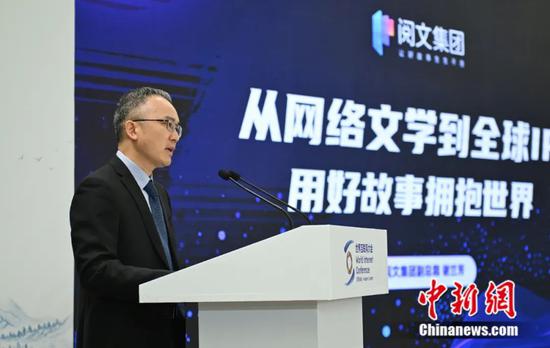
The internet also transforms storytelling. Xie Lanfang, vice president of Yuewen noted how Chinese online literature, with its imaginative narratives, has captivated international readers, becoming a universal language for cultural exchange.
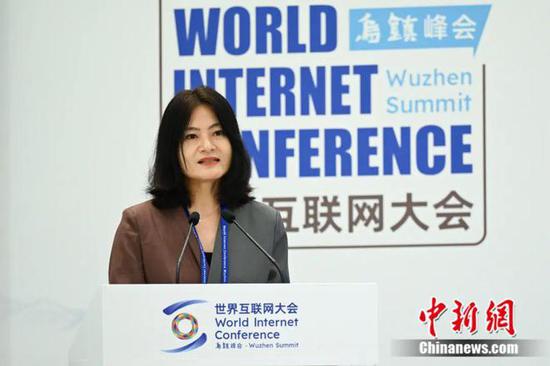
Meanwhile, short video platforms have emerged as dynamic spaces for sharing cultural stories. Xu Jingyun, vice president of Kuaishou Technology emphasized the innovative role of short dramas and live streaming in promoting intercultural dialogue.
For individuals, the internet provides a platform for sharing personal experiences. Thai influencer Apinya Charunpumhiran shared how showcasing China's advanced technologies amazed her followers and helped correct misconceptions about the country.
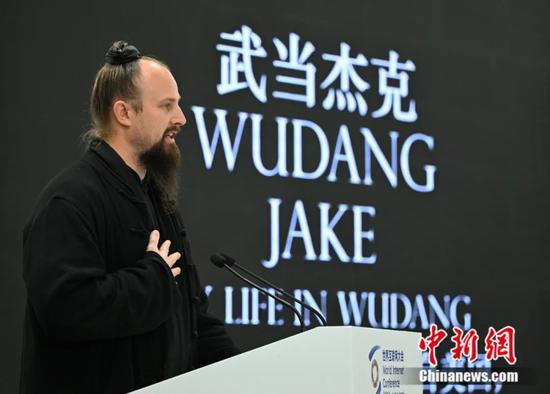
Similarly, Jacob Pinnick, a video creator inspired by Chinese martial art, uses digital platforms to bring traditional Chinese practices to a global audience.
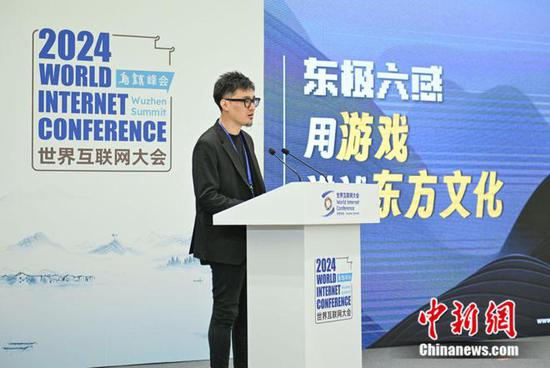
Games, too, have become powerful tools for cultural exchange. Tian Haibo, producer of the game Mortise & Tenon, highlighted the medium's potential for cultural exchange, combining interactivity with accessibility to share Chinese traditions.
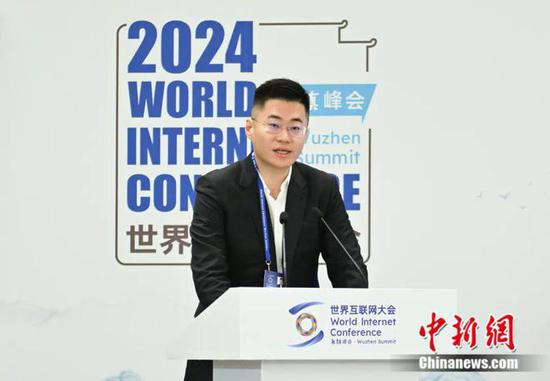
As technology continues to expand its reach, it deepens cultural connections. Tencent's Editor-in-Chief Zhu Dianjun described how digital platforms have shifted cultural exports from mere visibility to genuine engagement with global audiences. This sentiment is echoed across fields, underscoring a shared commitment to building bridges between cultures and shaping a more connected world.








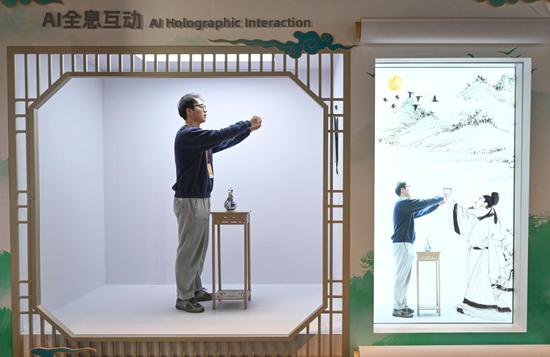



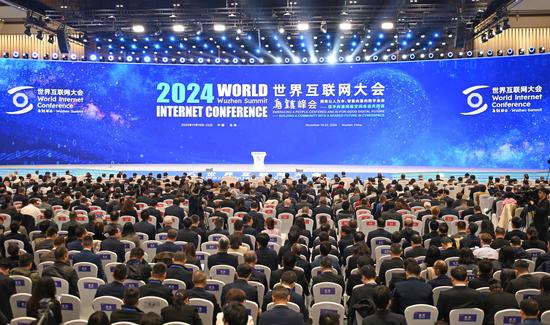


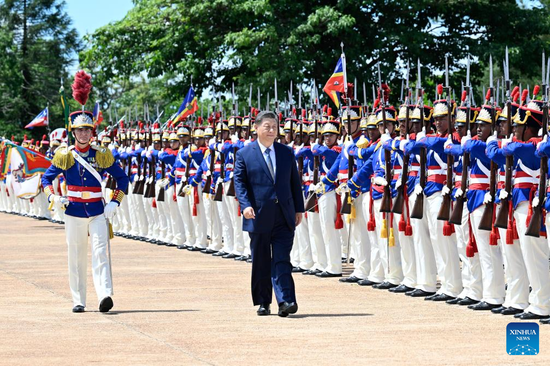
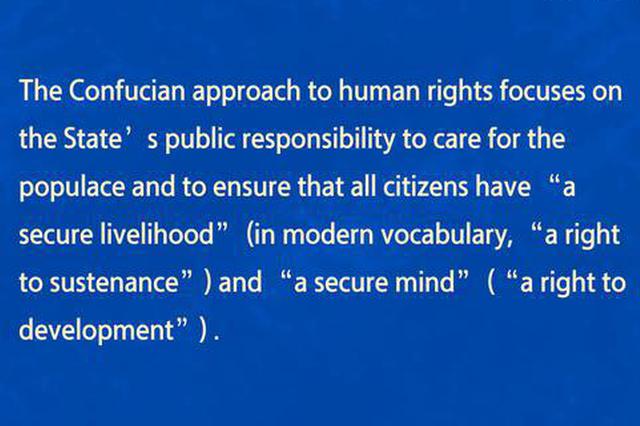
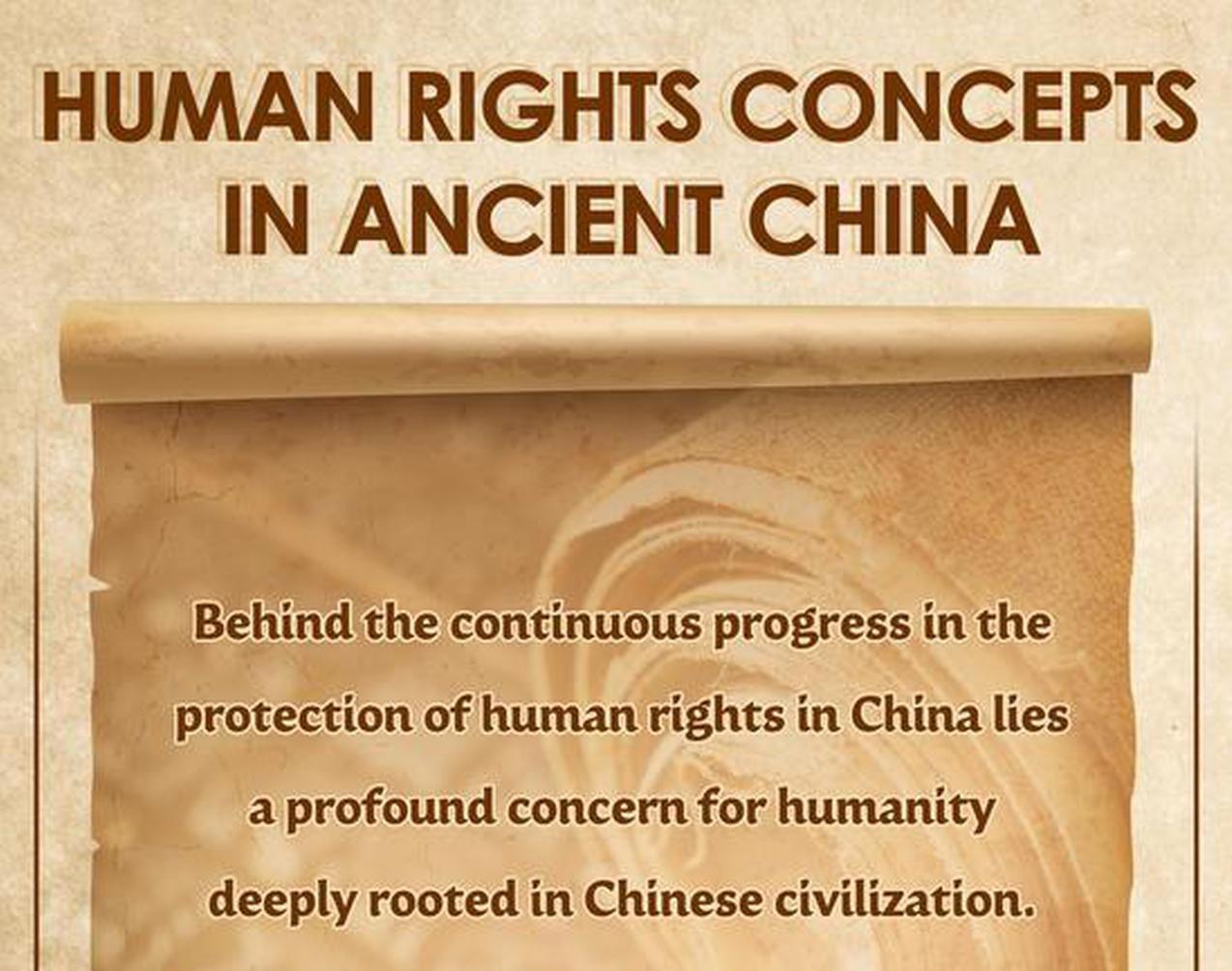



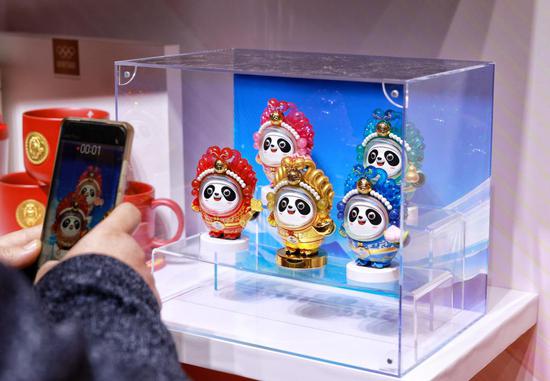
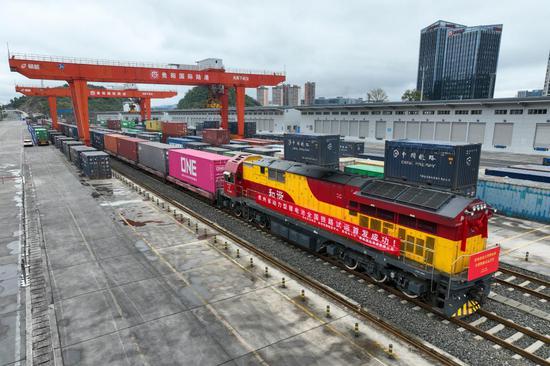
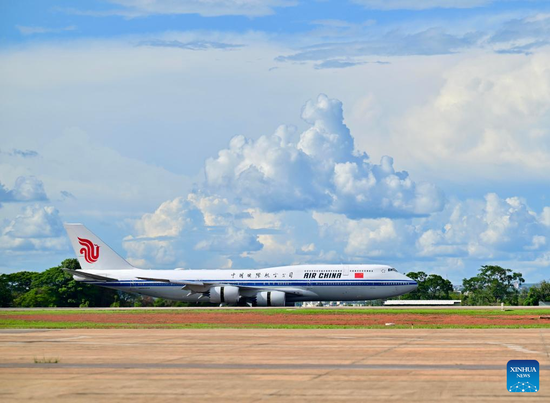
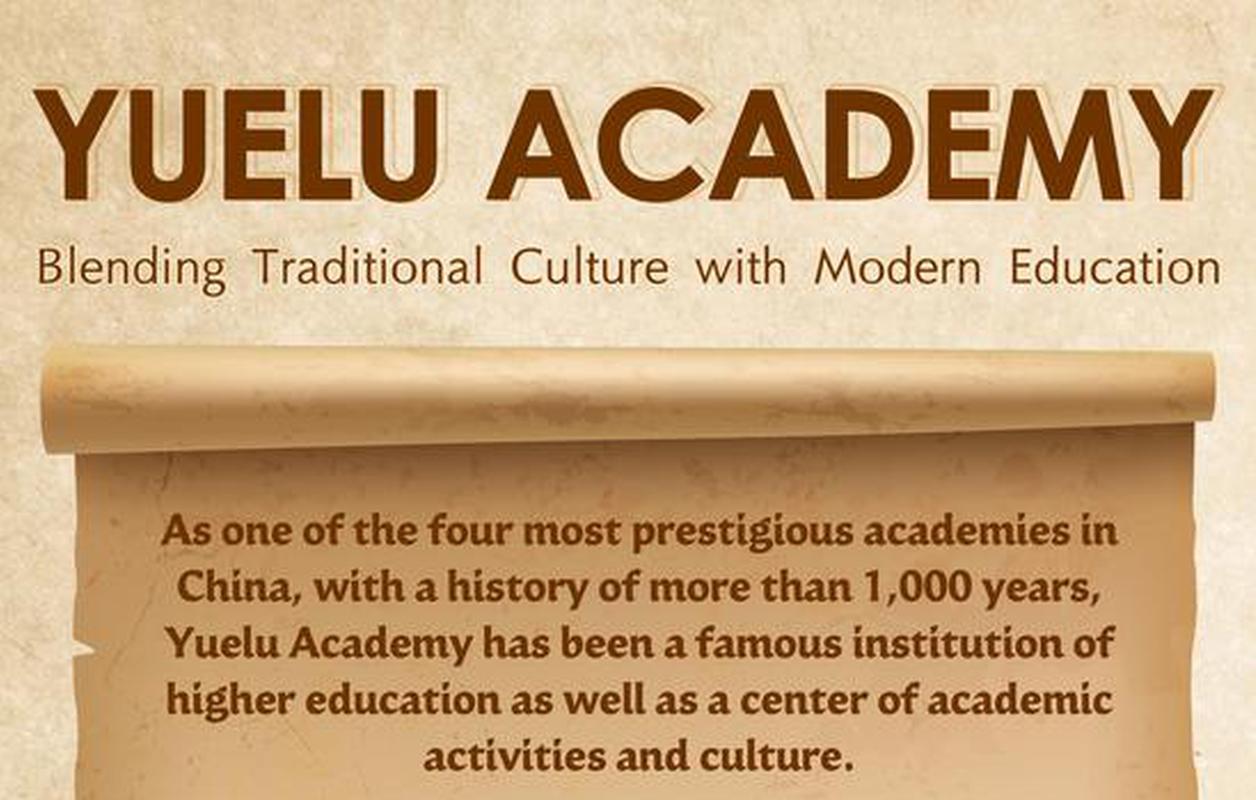
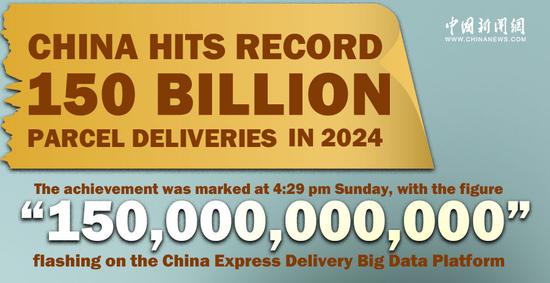

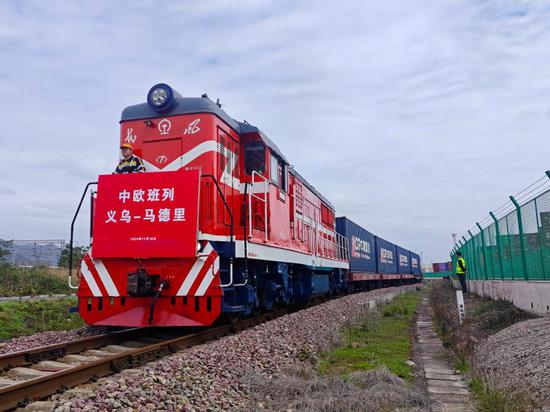
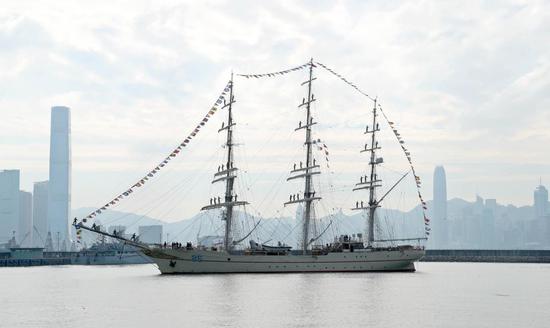

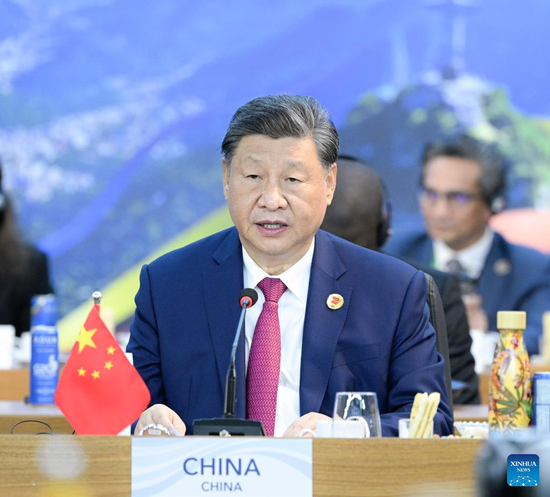


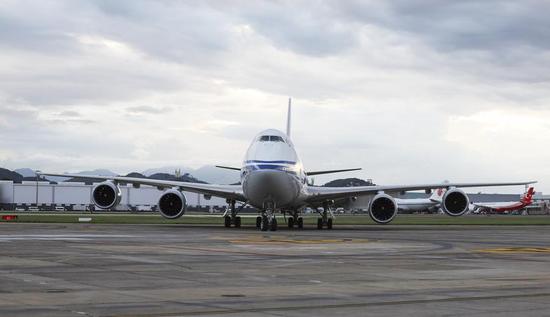
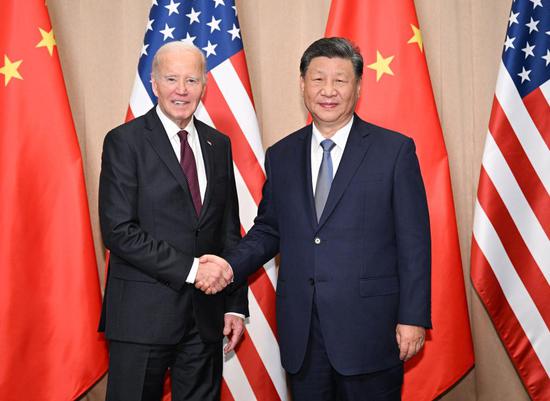
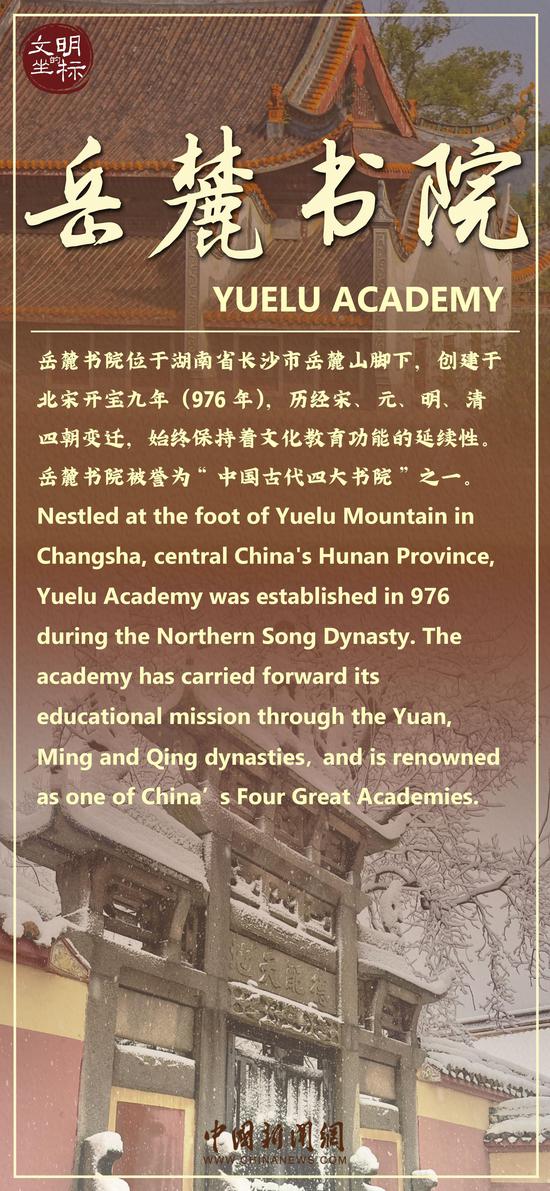
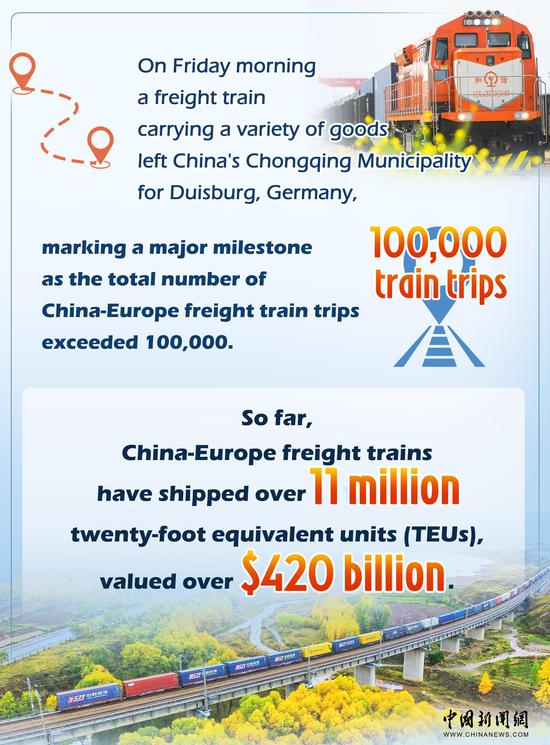
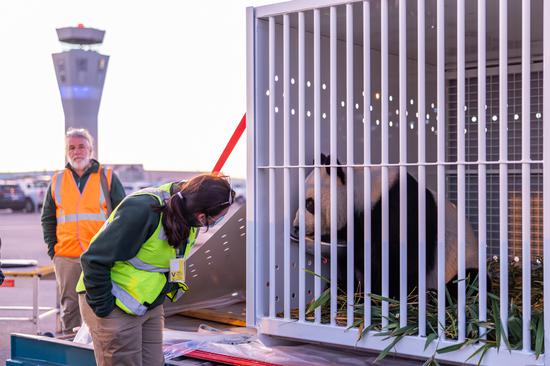
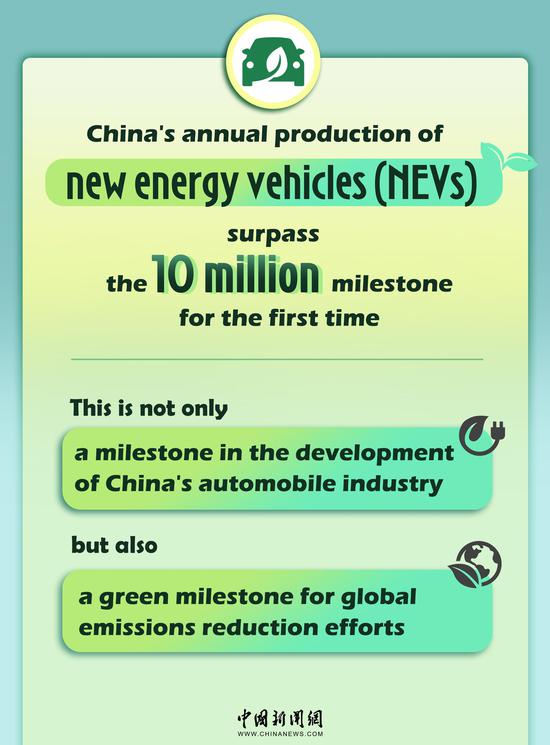

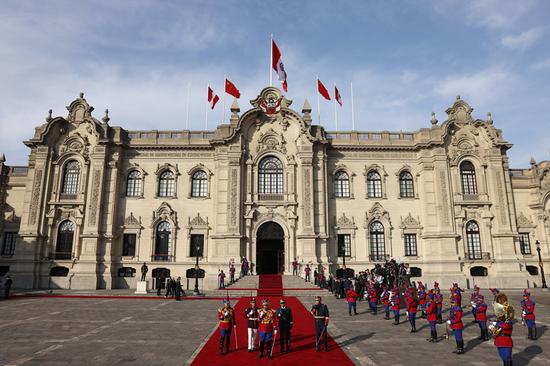
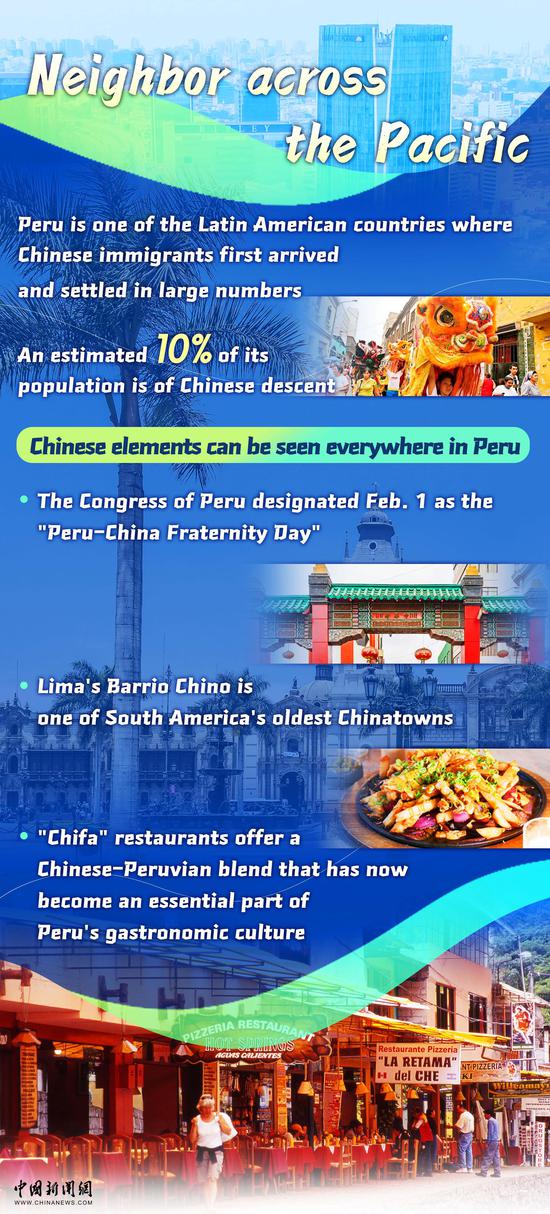

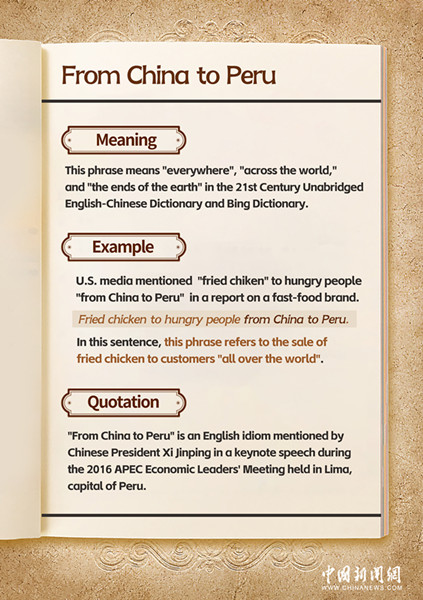
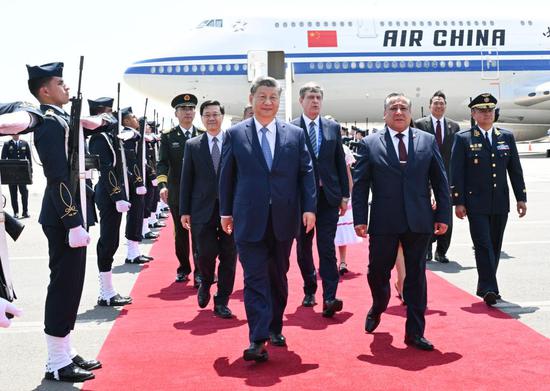

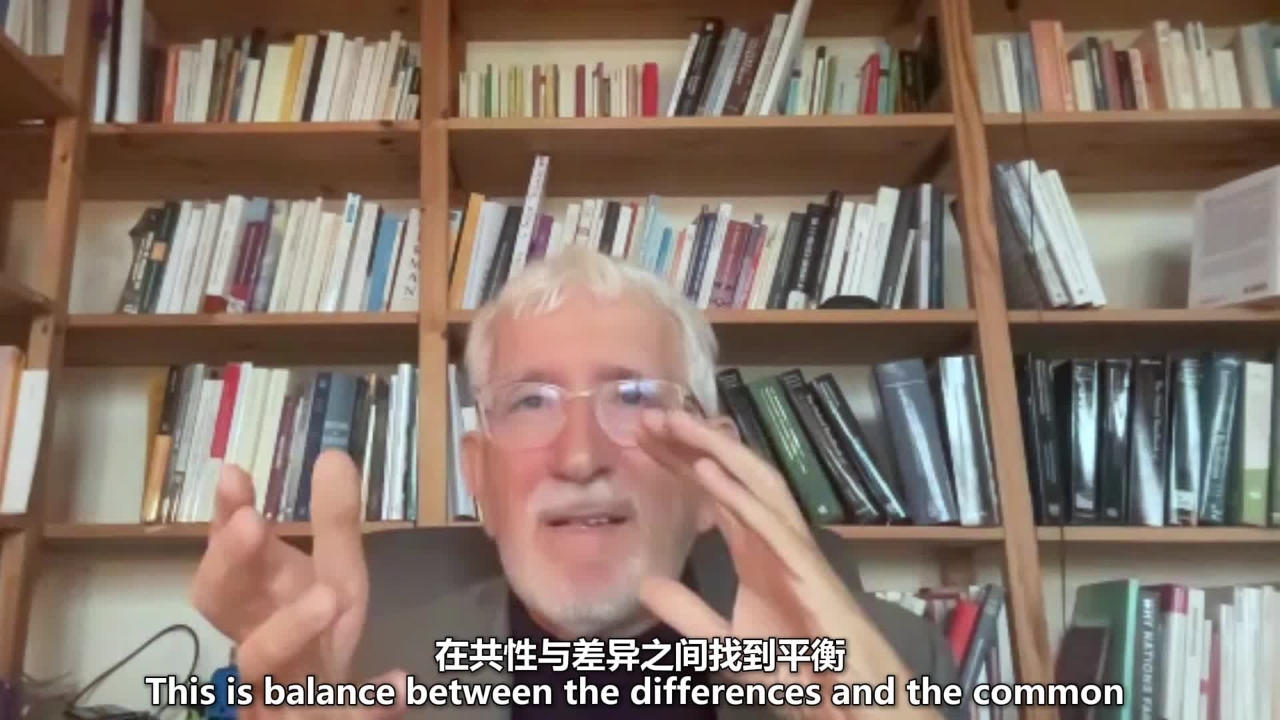

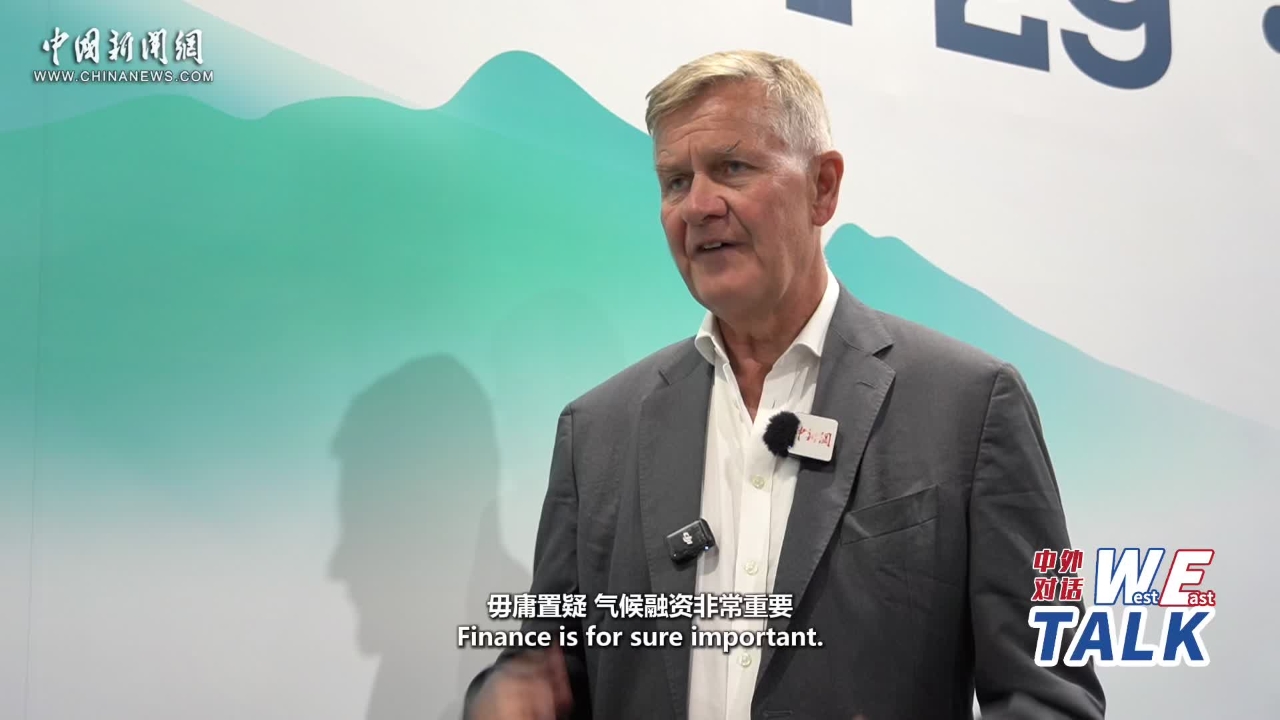

 京公网安备 11010202009201号
京公网安备 11010202009201号